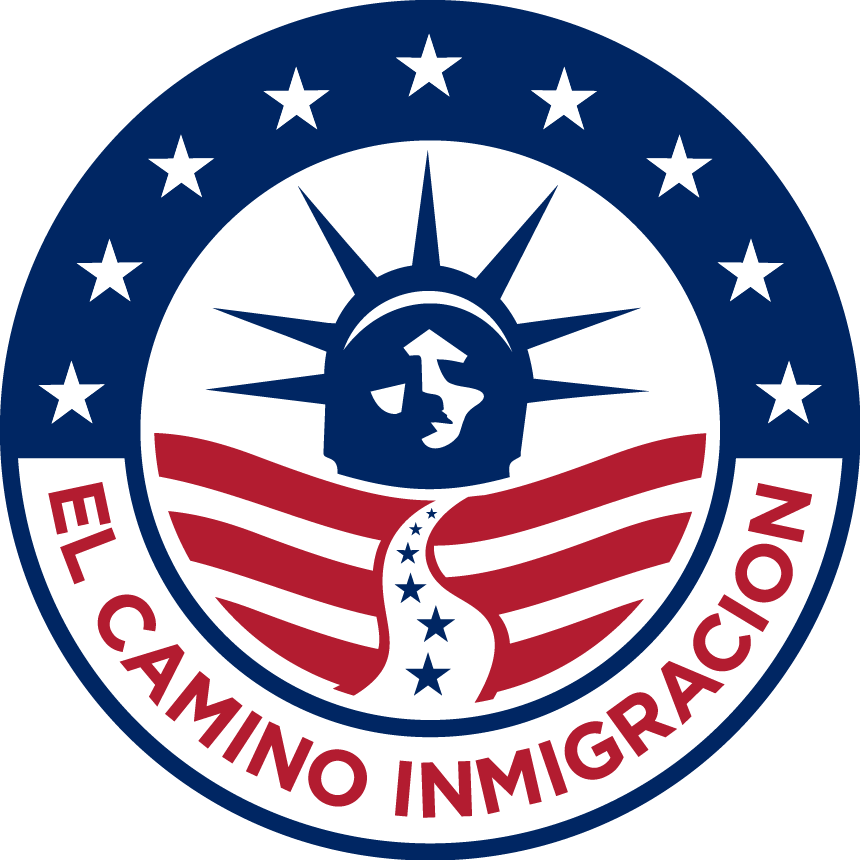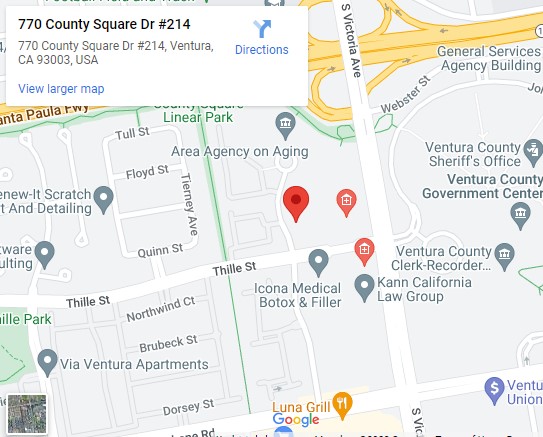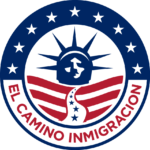Achieve the American Dream: Your Roadmap to Citizenship Through Family-Based Immigration
Many immigrants start their U.S. citizenship journey with family-based immigration. It’s common to wonder how to get citizenship through family-based immigration Ventura CA. Becoming a U.S. citizen can be complicated, but with the correct advice, it’s possible.
With its rich cultural diversity and warm climate, Ventura has drawn many families seeking reunification and a better future. U.S. citizens and lawful permanent residents can sponsor close relatives for permanent residency and citizenship in Ventura, CA. The process involves many steps, documents, and paperwork.
Contact El Camino Inmigracion for a free consultation to guarantee your path is right. Our experienced team can help you attain the American Dream by guiding you through the immigration process. Contact a professional today.
What is Family-Based Immigration?
Family-based immigration allows U.S. citizens or lawful permanent residents (green card holders) to sponsor family members for immigration. This immigration allows close relatives to live in the US to facilitate family reunification. One of the main ways to get a green card in the US is through family.
Types of Family-Based Immigration
There are two main categories of family-based immigration:
- Immediate Relatives of U.S. Citizens: Spouses, unmarried children under 21, and parents of U.S. citizens are included. Immediate relatives of U.S. citizens receive precedence in the immigration procedure and have no visa restriction.
- Family Preference Categories: These categories encompass more distant relatives of U.S. citizens and certain relatives of lawful permanent residents. They are divided into four preference categories:
- First Preference (F1): Unmarried adult sons and daughters (21 years and older) of U.S. citizens.
- Second Preference (F2): This is further divided into two subcategories:
- F2A: Spouses and unmarried children (under 21 years old) of lawful permanent residents.
- F2B: Unmarried adult sons and daughters (21 years and older) of lawful permanent residents.
- Third Preference (F3): Married sons and daughters of U.S. citizens.
- Fourth Preference (F4): Siblings of adult U.S. citizens.
There are a limited amount of visas per preference category each year, which can delay immigration for some family members.
Family-based immigration usually requires a U.S. family member petitioning for the immigrant. Eligibility requirements vary by family ties, making the process complicated. Legal advice is typically needed for family-based immigration.
How Can I Immigrate Through a Family Member?
Family relationship, country of origin, and other factors affect requirements and processing timelines. It’s highly recommended to consult with an immigration attorney or use the official USCIS website (uscis.gov) to access up-to-date information, forms, and guidance for family-based immigration.
The process typically involves several steps:
- Determine Your Eligibility: A qualifying family tie with a U.S. citizen or lawful permanent resident is required to immigrate through family. Two main categories of eligible relationships exist:
- Immediate Relatives of U.S. Citizens: Spouses, unmarried children under 21, and parents of U.S. citizens are included. There are no immediate relative visa quotas, therefore visas are available year-round.
- Family Preference Categories: Distanced family relationships include unmarried adult children, married children, siblings, and spouses and unmarried children of U.S. citizens and lawful permanent residents. These categories have numerical limits, and visa availability may cause waits.
- File a Petition: To prove the qualifying family relationship, the U.S. citizen or lawful permanent resident family member must file Form I-130, Petition for Alien Relative, with USCIS (U.S. Citizenship and Immigration Services).
- Wait for Visa Bulletin Updates: The U.S. Department of State Visa Bulletin suggests waiting for your priority date to become current if you are applying under a family preference category with a restricted number of visas. This bulletin determines visa availability by preference category and country of origin.
- Consular Processing or Adjustment of Status: You may apply for adjustment of status in the US or undergo consular procedure at a U.S. embassy or consulate in your home country. Consular procedure requires an immigrant visa interview abroad, while adjustment of status can be done in the U.S. if you qualify.
- Attend an Interview: USCIS or the U.S. embassy/consulate may interview you and your sponsored family member to verify your relationship and immigration eligibility.
- Receive a Visa or Green Card: If your application is approved, you will either receive an immigrant visa in your passport (for consular processing) or a green card (for adjustment of status). The green card grants you lawful permanent resident status in the United States.
- Pay Fees and Comply with Conditions: Application costs may apply. You must petition to remove the conditions from a conditional green card within two years to get a permanent one.
What Are Some Common Immigration Issues?
Immigration difficulties can be complicated, and people experiencing them often face common issues. Visa, green card, and naturalization applications can all have these complications. Some of the common immigration issues include:
- Visa Denials: Visa applications might be declined for lacking documentation, ineligibility, or failure to meet a conditions. Reapplication or appeal may be needed to overcome visa denials.
- Deportation and Removal Proceedings: Undocumented immigrants and visa terms violators may be deported. Strong defense techniques are needed in these emotionally and legally complicated instances.
- Immigration Status Renewals: Maintaining legal immigration status often involves renewing visas, work permits, or green cards. Failing to do so in a timely manner can lead to status violations and potential deportation.
- Family Separation: Families may be separated due to immigration issues, such as when one family member is detained or deported while others remain in the United States. Reuniting families can be a significant challenge.
- Employment-Based Immigration Challenges: Individuals seeking employment-based visas may face issues related to job changes, layoffs, or employer compliance with immigration laws. Changes in employment can impact an individual’s immigration status.
- Asylum and Refugee Issues: Asylum seekers and refugees may encounter challenges in obtaining protection in the United States. Eligibility criteria, lengthy processing times, and changing immigration policies can create hurdles.
- Naturalization Delays: The process of becoming a U.S. citizen through naturalization can be delayed due to backlogs, lengthy processing times, or issues related to the applicant’s background.
- Inadmissibility Issues: Some individuals may be deemed inadmissible to the United States due to criminal records, health concerns, or other factors. Overcoming inadmissibility can be difficult.
- Immigration Scams: Scammers often target vulnerable individuals seeking immigration assistance. These scams can result in financial loss and legal troubles.
- Public Charge Rule: Changes in public charge rules can affect individuals seeking green cards or visas if they are deemed likely to become dependent on public assistance.
- Dreamers and DACA: Undocumented individuals brought to the United States as children (Dreamers) may face uncertainty due to changing immigration policies related to the Deferred Action for Childhood Arrivals (DACA) program.
- Limited Legal Resources: Many individuals facing immigration issues may not have access to legal representation, which can significantly impact their ability to navigate the complex immigration system successfully.
Find Out How to Obtain Citizenship Through Family-Based Immigration Ventura CA
Navigating common immigration issues often requires legal assistance from experienced immigration attorneys. IImmigration laws and policies can change, making it crucial for individuals to stay informed and seek professional guidance when facing immigration challenges. Reach out to our immigration lawyers at El Camino Inmigracion for a free consultation today.




